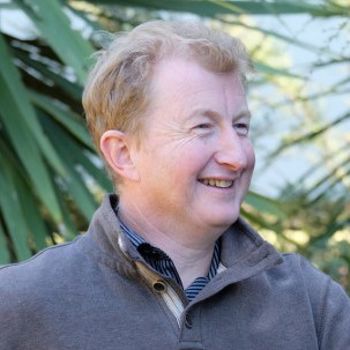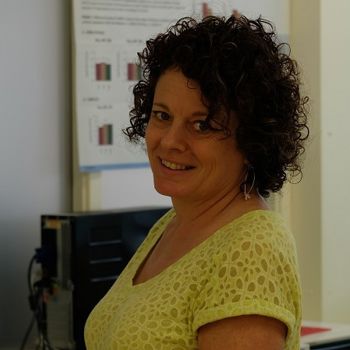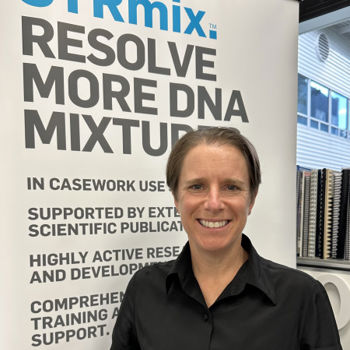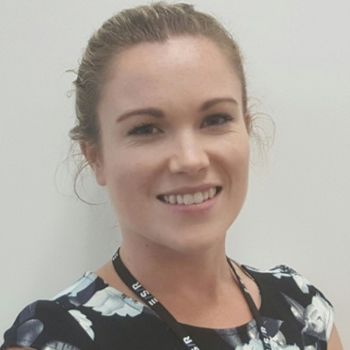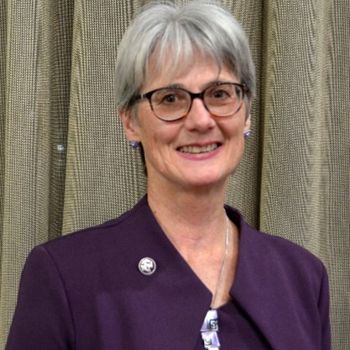Ngā huingaira
Genomics
By studying the genetic instructions of living organisms, ESR is helping to improve our health and the health of the world around us, for a better Aotearoa.

About
Our research in genomics, a fast moving and evolving field of science, covers many areas, like studying humans, the environment, and solving mysteries in forensic research using DNA clues.
Every living thing, from microbes to people, has its own DNA, containing a set of instructions called a genome. This genome tells an organism how to function, grow and stay healthy. By studying genomes, ESR is learning more about taking care of ourselves and our environment.
We're also helping scientists in Aotearoa work together to get better at understanding genomes, so everyone can benefit from knowledge of genetic code.
Microbial Genomics
Microbial Genomics
Microbial genomics is a technology that gives us information about the genomic sequence of harmful pathogens. We can use this information to better manage outbreaks and threats from communicable diseases. Our microbial genomics work includes:
-
Viral detection in wastewater, including COVID-19 screening.
-
Clinical genomics led by Dr Rhys White. Collaboration with Dr Max Bloomfield, Awanui Labs, based at the Wellington Regional Hospital.
ESR also manages the Genomics special interest group, and the New Zealand Microbiology Network.

Human Genomics
Human Genomics
The human genome is made up of 22 autosomes and a pair of sex chromosomes. A genome sequence establishes the order of DNA nucleotides or bases (A, C, G, and T) that make up an organism's DNA. This information is critical to understanding how our bodies develop and function. Our human genomics work includes:
-
Collaborating with clinicians and surgeons at Wellington Hospital with the aim of bringing the benefits of lower cost, quicker turn-around sequencing to aid in clinical decision making.
-
DNA methylation, transcriptomics and small non-coding RNA and their role and utility as biomarkers in metabolic diseases - in particular obesity and type-two diabetes. This incorporates a Social Systems aspect to understand what makes a successful community-led intervention and is part of Healthier Lives He Oranga Hauora National Science Challenge.
-
Affordable, disruptive sequencing for community empowerment.
Genomics Aotearoa Consortia
Genomics Aotearoa consortia
ESR is a partner in Genomics Aotearoa, a science platform supporting advanced genomics research in New Zealand. It is an alliance between New Zealand Universities and Crown research institutes, which provides a collaborative platform to grow New Zealand’s capability, build international connections and develop tools and technologies to support genomics research.
Campylobacter fetus subspecies: Comparative genomics and prediction of potential virulence targets
The genus Campylobacter contains pathogens causing a wide range of diseases, targeting both humans and animals. Among them, the Campylobacter fetus subspecies fetus and venerealis deserve special attention, as they are the etiological agents of human bacterial gastroenteritis and bovine genital campylobacteriosis, respectively. We compare the whole genomes of both subspecies to get insights into genomic architecture, phylogenetic relationships, genome conservation and core virulence factors. Pan-genomic approach was applied to identify the core- and pan-genome for both C. fetus subspecies and members of the genus. The C. fetus subspecies conserved (76%) proteome were then analyzed for their subcellular localization and protein functions in biological processes. Furthermore, with pathogenomic strategies, unique candidate regions in the genomes and several potential core-virulence factors were identified. The potential candidate factors identified for attenuation and/or subunit vaccine development against C. fetus subspecies contain: nucleoside diphosphate kinase (Ndk), type IV secretion systems (T4SS), outer membrane proteins (OMP), substrate binding proteins CjaA and CjaC, surface array proteins, sap gene, and cytolethal distending toxin (CDT). Significantly, many of those genes were found in genomic regions with signals of horizontal gene transfer and, therefore, predicted as putative pathogenicity islands. We found CRISPR loci and dam genes in an island specific for C. fetus subsp. fetus, and T4SS and sap genes in an island specific for C. fetus subsp. venerealis. The genomic variations and potential core and unique virulence factors characterized in this study would lead to better insight into the species virulence and to more efficient use of the candidates for antibiotic, drug and vaccine development.
Exploring the depth and breadth of the genomics toolbox during the COVID-19 pandemic: insights from Aotearoa New Zealand
Genomic technologies have become routine in the surveillance and monitoring of the coronavirus disease 2019 (COVID-19) pandemic, as evidenced by the millions of SARS-CoV-2 sequences uploaded to international databases. Yet the ways in which these technologies have been applied to manage the pandemic are varied.
Real-Time Genomics for Tracking Severe Acute Respiratory Syndrome Coronavirus 2 Border Incursions after Virus Elimination, New Zealand
Since severe acute respiratory syndrome coronavirus 2 was first eliminated in New Zealand in May 2020, a total of 13 known coronavirus disease (COVID-19) community outbreaks have occurred, 2 of which led health officials to issue stay-at-home orders. These outbreaks originated at the border via isolating returnees, airline workers, and cargo vessels. Because a public health system was informed by real-time viral genomic sequencing and complete genomes typically were available within 12 hours of community-based positive COVID-19 test results, every outbreak was well-contained. A total of 225 community cases resulted in 3 deaths. Real-time genomics were essential for establishing links between cases when epidemiologic data could not do so and for identifying when concurrent outbreaks had different origins.
Specialist services
Specialist services
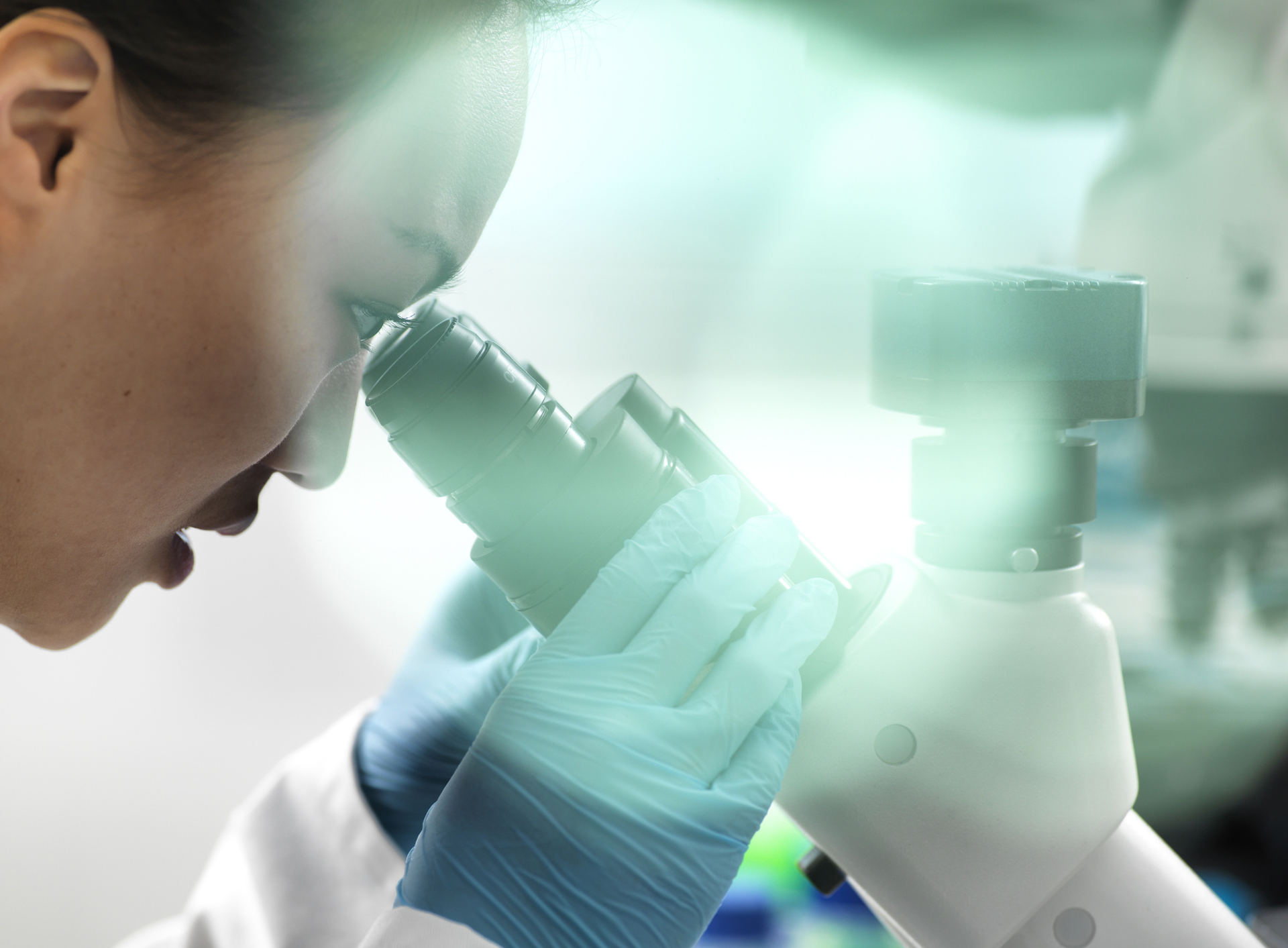
Our genomic experts use the latest technology to provide next generation sequencing across many of our focus areas, including forensic biology, foodborne pathogens and faecal source tracking.
ESR's genomics and bioinformatics expertise
About
ESR has genomics and bioinformatics expertise and capability which is applied to a range of ESR science:
-
Forensic biology, including DNA and mRNA expertise
-
Analysis and advice on the behaviour of pathogenic bacteria and virus in biowaste, soil and water
-
Identification of virus and bacteria
-
Water microbiology testing and research
-
Faecal source tracking
-
Drinking water investigations
-
Recreational water investigations and human health impacts
-
Food forensic investigations to identify source in foodborne disease
-
Molecular typing of foodborne pathogens
-
Testing for microbial contamination and viruses such as norovirus, adenovirus and rotavirus
For more information - Philip.Carter@esr.cri.nz
COVID-19
ESR uses the latest technology to provide its next generation sequencing capacity and performs the national sequencing for all COVID-19 positive samples. We use a combination of platforms to obtain the most reliable genome data, these technologies are supplied by Illumina and Oxford Nanopore.
The sequencing technology we use in conjunction with the laboratory automation allows for very rapid turnaround time and a good scalability, during the first wave there was a week in which over 200 genomes were sequenced. We can perform up to 12 urgent viral genomes, which means data is available the same day, this has been needed in some cases.
Innovative and disruptive technology
ESR is also utilising the MinION and coupling this with cutting-edge, portable, and affordable computing. We are exploring the capability of this innovative and disruptive technology across clinical and environmental use cases. This sees a portable and affordable (~$1500) compute infrastructure (based on the NVIDIA Jetson series of portable GPU [Graphics processing unit]) and powered by battery and solar (see image). This means that the minION sequencer can be deployed in ‘remote’ situations such as the: riverside/seaside; hospital bedside; primary health clinic; farmers field; meatworks, food production facility or potentially a crime scene. Therefore, the range of potential end-users is massive, and purely limited by ones imagination.
Testing & analysis
Testing & analysis services
Testing & analysis services
ESR combines state-of-the-art genome sequencing with advanced scientific expertise to identify environmental, food safety and quality issues and help solve complex problems.
Check out ESR's latest news and insights on genomics

World Creativity and Innovation Day 2024: healthier communities through bioinformatics
15 April 2024

Genomics research to boost Aotearoa New Zealand’s defences against highly pathogenic bird flu
11 March 2024

Surprising discovery: parrots, pigeons and penguins share Chlamydia strain connections across Australia and Aotearoa
01 August 2023
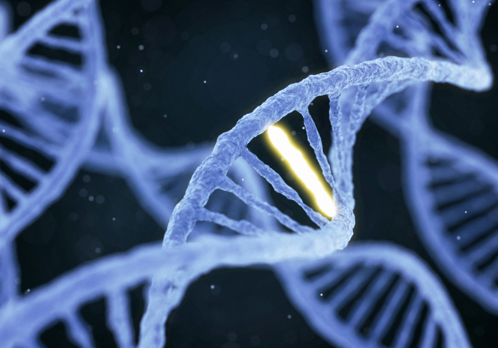
ESR scientists contribute to new publication exploring Aotearoa’s ground-breaking genomics toolbox for tackling COVID-19
19 June 2023
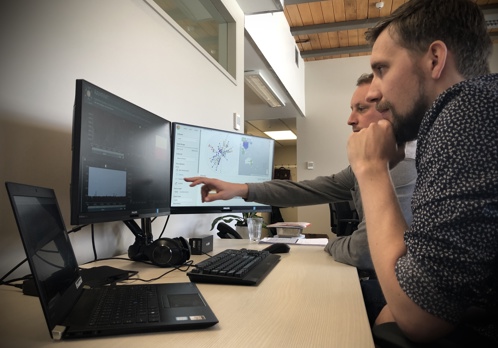
Genomics, the internet and the future
04 April 2023

ESR Genomics Week: online (7-11 November 2022)
28 October 2022
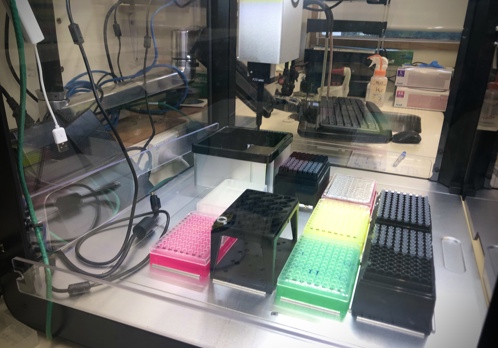
Expert opinion: why studying the origins of SARS-CoV-2, its variants and relatives matters
22 December 2021
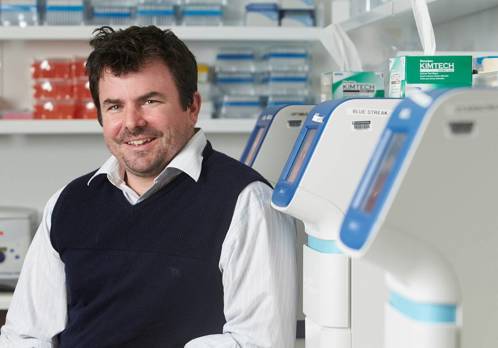
DNA Expert Professor Michael Bunce To Join ESR As Principal Genomics Scientist
12 October 2021

Developing solutions for portable, in-the-field genomics sequencing
07 September 2021

